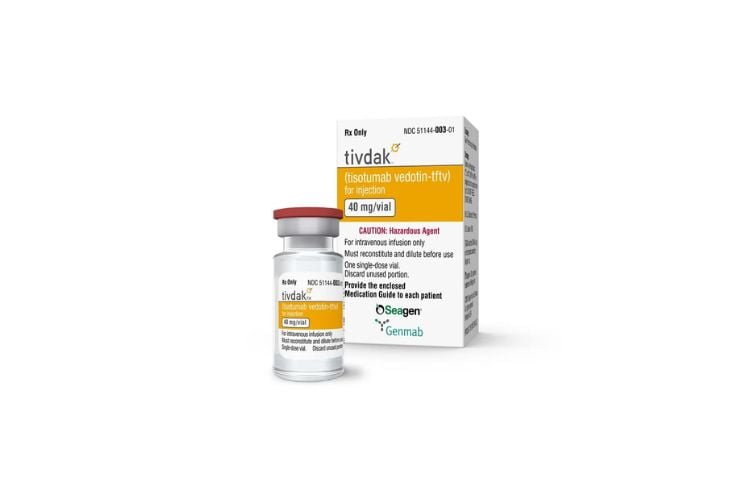Amidst the Federal Trade Commission’s close scrutiny of Pfizer’s monumental $43 billion acquisition of Seagen, there’s a significant breakthrough in the world of cervical cancer treatment. Seagen, renowned for its expertise in antibody-drug conjugates (ADCs), has triumphed in a pivotal phase 3 trial, potentially expanding its influence in combating cervical cancer.
In the trial, named innovaTV 301, researchers examined the efficacy of Seagen’s Tivdak, a collaborative effort with Genmab, in patients grappling with recurrent or metastatic cervical cancer that had exhibited disease progression post prior treatments. Impressively, Tivdak outperformed chemotherapy, resulting in extended survival for the participants. This groundbreaking study enrolled 502 cervical cancer patients who had undergone no more than two previous systemic treatments in the recurrent or metastatic stage. Additionally, Tivdak demonstrated its prowess in terms of progression-free survival and objective response rate, marking a significant leap in cervical cancer therapeutics.
The companies behind this innovative treatment are eager to present their findings to regulatory bodies, signaling their intention to obtain full FDA approval. Notably, Tivdak had already received accelerated FDA approval in 2021, originally designed to address recurrent or metastatic cervical cancer in patients who had experienced disease progression during or after chemotherapy. This therapeutic advance gained further recognition when the National Comprehensive Cancer Network endorsed it as a preferred second-line treatment option in their clinical guidelines.
Seagen’s Head of Research and Development, Dr. Roger Dansey, emphasized the pivotal nature of this achievement, stating, “Demonstrating a survival benefit with the results of innovaTV 301 is a critical milestone in our efforts to ensure more adults living with advanced cervical cancer have an approved treatment option.”
Industry experts believe that this data is poised to revolutionize clinical practice and could have far-reaching implications for Tivdak’s potential role in treating front-line cervical cancer and other tumors expressing tissue factors. Analysts at William Blair articulated this optimism in a note to clients.
Meanwhile, this momentous breakthrough coincides with Pfizer’s ongoing efforts to finalize its colossal $43 billion acquisition of Seagen. According to Seagen, the transaction is anticipated to conclude by late 2023 or early 2024, as indicated in a recent filing with the FTC. The future of cervical cancer treatment and Seagen’s pivotal role in it certainly appears promising, making this development a compelling and transformative story in the world of healthcare.





























